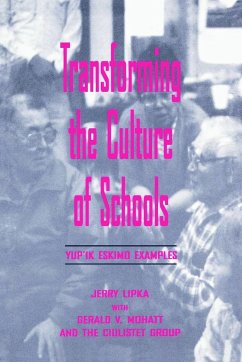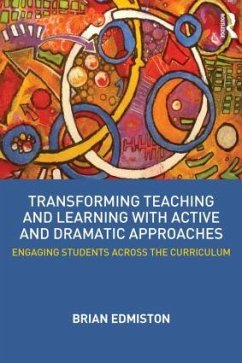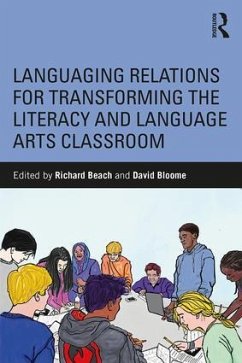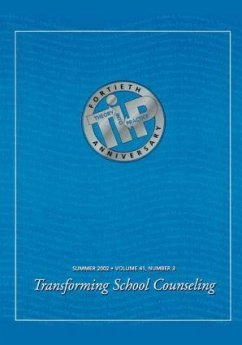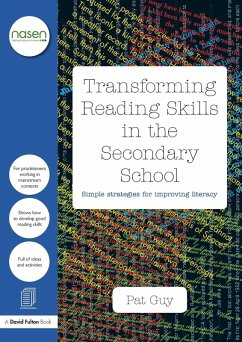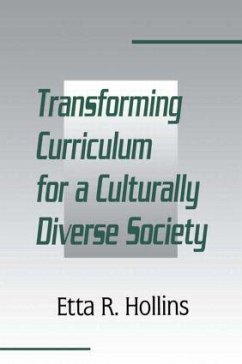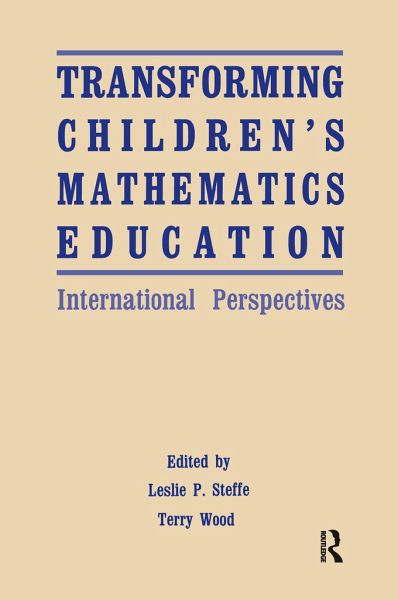
Transforming Children's Mathematics Education
International Perspectives
Herausgeber: Steffe, Leslie P.; Wood, Terry
Versandkostenfrei!
Versandfertig in 1-2 Wochen
33,99 €
inkl. MwSt.
Weitere Ausgaben:

PAYBACK Punkte
17 °P sammeln!
Eminent scholars from around the globe gathered to discuss how educational systems would change if the prevailing principles of constructivism were applied to three major aspects of those systems -- knowledge and learning, communication, and environment. This volume provides documentation of the proceedings of this important meeting - - the Early Childhood Action Group of the Sixth International Congress on Mathematics Education. This international assembly, representing such diverse disciplines as mathematics and math education, epistemology, philosophy, cognitive science, psycholinguistics, ...
Eminent scholars from around the globe gathered to discuss how educational systems would change if the prevailing principles of constructivism were applied to three major aspects of those systems -- knowledge and learning, communication, and environment. This volume provides documentation of the proceedings of this important meeting - - the Early Childhood Action Group of the Sixth International Congress on Mathematics Education. This international assembly, representing such diverse disciplines as mathematics and math education, epistemology, philosophy, cognitive science, psycholinguistics, and science education, is the first to examine early childhood mathematics education from constructivist and international perspectives in addition to formulating recommendations for future work in the field.








